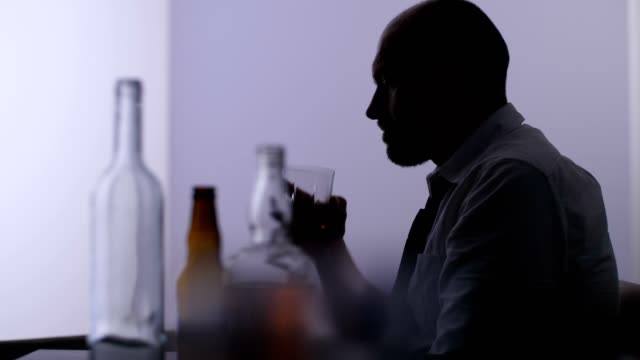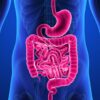For many years, a lack of effective treatment for severe alcoholism have provided a challenge for clinicians. New research, however, suggests that low doses of ketamine, coupled with sessions of psychological therapy, may be sufficient to stave off symptoms of severe alcoholism.
To determine how ketamine could be used to inhibit a relapse of alcoholism, researchers turned to the Ketamine for Reduction of Alcohol Relapse (KARE) trial conducted by the University of Exeter.
The KARE trial is the first of its kind that compares ketamine and psychological therapy. The study was publicized in the American Journal of Psychiatry.
For the study, 96 people with a history of alcoholism were assessed. Among the participants, it was concluded that ketamine combined with psychological therapy resulted in complete soberness for 162 of 180 days upon a six-month follow-up period.
The findings indicate that the component of therapy may increase the chances of preventing relapse.
“Alcoholism can destroy lives, and we urgently need new ways to help people cut down,” according to the journal report.
“We found that controlled, low doses of ketamine combined with psychological therapy can help people stay off alcohol for longer than placebo. This is extremely encouraging, as we normally see three out of every four people returning to heavy drinking within six months of quitting alcohol, so this result represents a great improvement”


